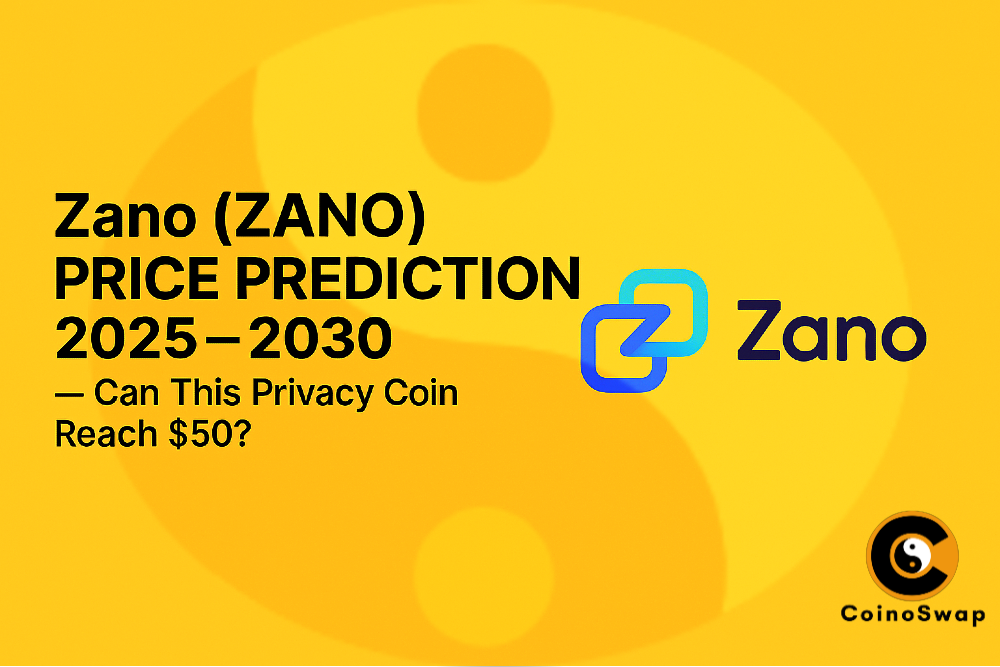Are crypto aggregators safe? Only when they are non-custodial, privacy-focused, and route swaps exclusively through vetted, audited exchanges. CoinoSwap.com enables secure crypto aggregation by allowing users to retain wallet custody, avoid KYC, and access the best real-time rates across trusted DEX and CEX integrations—without requiring a login or exposing personal data.
Key Considerations
Aggregator Security Depends on Custodial Design
The core architecture of a crypto aggregator determines its safety to answer the age old question “Are crypto aggregators safe?” Custodial platforms pose risks by taking control of your crypto or private keys, making you vulnerable to hacks, policy freezes, or insolvency events. In contrast, non-custodial platforms empower users by ensuring they maintain control of their wallets at all times.
- Non-custodial systems reduce counterparty exposure
- Custodial aggregators may introduce data retention or temporary custody risks
- Wallet-to-wallet swaps enhance transactional sovereignty
- CoinoSwap operates fully non-custodially, preserving on-chain privacy and eliminating intermediary risk
Source Exchange Integrity and Audits
A crypto aggregator’s backend integrations define its actual security. Even the most elegant frontend can be compromised if it routes swaps through unaudited or malicious liquidity sources. It’s essential to confirm that aggregators only connect with trusted, transparent platforms. This boosts user confidence when many ask Are crypto aggregators safe
- Connections to audited smart contracts—independently verified by firms like Trail of Bits or CertiK
- Clear failover and fallback logic to handle outages or slippage
- Filters that prevent routing to DEXs/CEXs with hidden MEV extraction or manipulated token pairs
Privacy Protections and No-KYC Access
Many crypto users seek platforms that protect them from surveillance, behavioral profiling, and unnecessary identity exposure. Aggregators that demand email registration or KYC compromise these values, even if their routing logic is sound.
- Require no login or user account
- Avoid storing cookies or tracking user behavior
- Do not share data with third-party regulatory APIs
- Support privacy coins such as Monero, Zano, and Kaspa
CoinoSwap is optimized for users who want to swap assets without friction, surveillance, or risk of legal overreach. It supports no-KYC swaps even for privacy-enhanced assets like those featured in the Monero swap guide and Kaspa prediction blogs exploring token specific use cases for public sentiment around Are crypto aggregators safe.
Transparent Fee Structures and Swap Route Clarity
Security is also about visibility. Aggregators that mask fees or obfuscate swap routing logic erode user trust. Users must be able to assess whether they’re being front-run, price-gamed, or overcharged.
- Full disclosure of fees and partner commissions per route
- Real-time slippage estimations and output predictions
- Visual routing paths from input to output token
- Gas fee insights when applicable
Conclusion
So the answer the age old question are crypto aggregators safe revolves around preserving user custody, route exclusively through trusted exchanges, and maintain strict privacy. CoinoSwap.com achieves this by offering fully non-custodial, no-login swaps with transparent fees and integrations limited to audited platforms. For those seeking maximum control, trustless design, and privacy in their crypto swaps, non-custodial aggregators like CoinoSwap represent the safest path forward.
What truly sets CoinoSwap apart is its dedication to decentralization without sacrificing usability. By eliminating the need for registration, KYC, or custodial handoffs, the platform aligns with the original principles of blockchain: self-custody, transparency, and autonomy. This model allows users—from privacy advocates to professional arbitrage traders—to engage in crypto swaps with full confidence in both security and efficiency.
Moreover, CoinoSwap’s integration framework ensures it never connects to unaudited or malicious venues. Every route is derived from real-time comparisons across over 20 trusted swap engines. The platform’s commitment to privacy extends even further by avoiding tracking cookies, identity leakage, or regulatory surveillance mechanisms.



